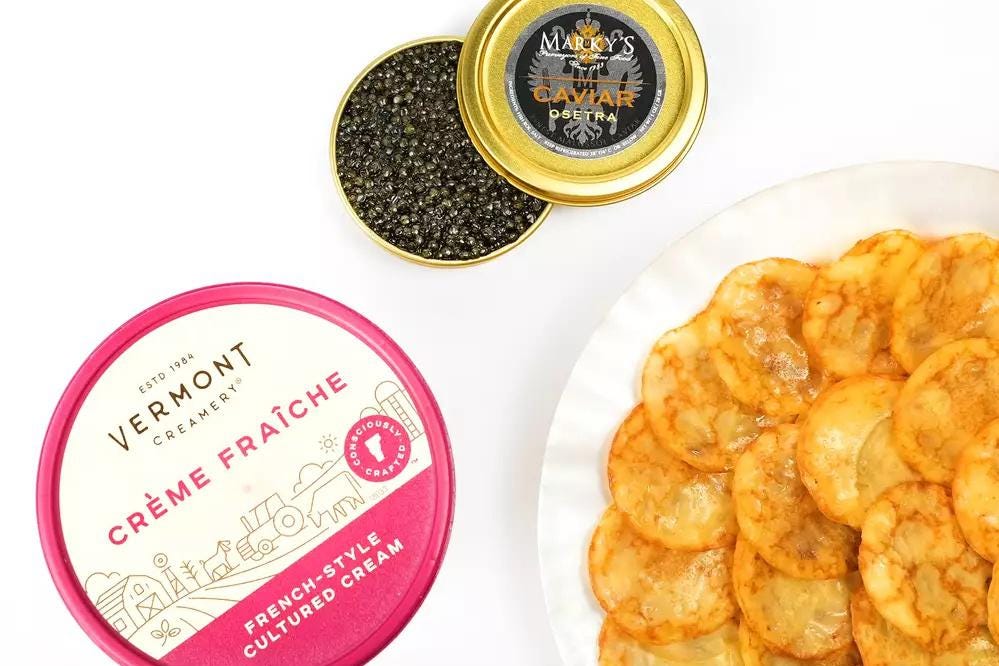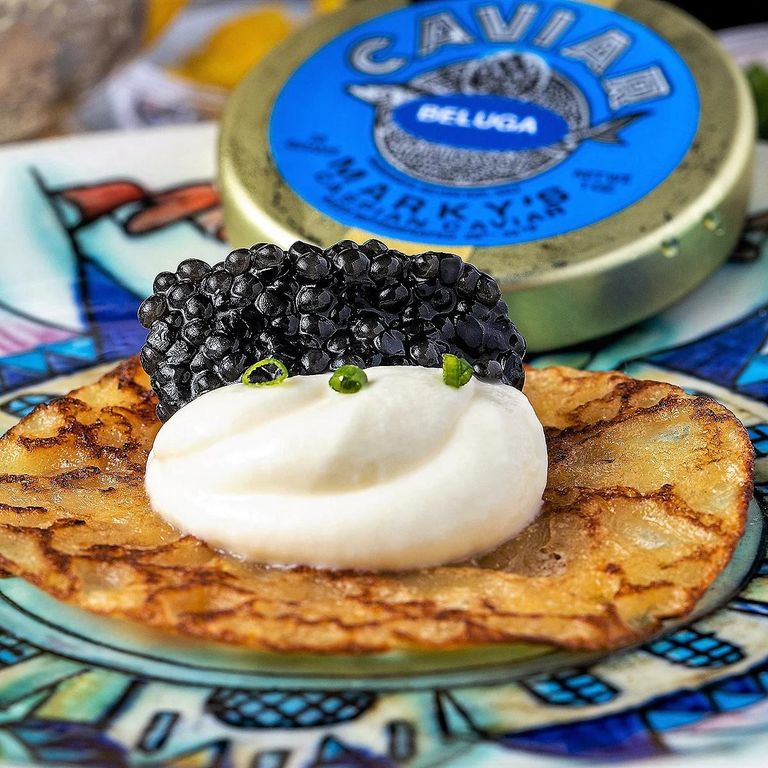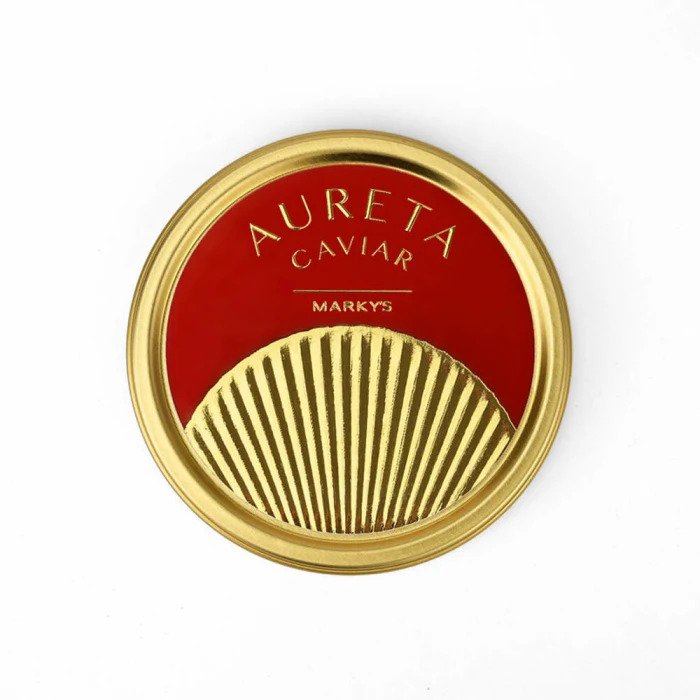The Versatility of Coconut: Recipes and Uses for Coconut Oil, Milk, and Flour
Category : Food Stories, Party Ideas, Recipes, Press Room |
Posted : Jul 24, 2023
Coconut has become something of a miracle ingredient in recent years. From its many uses for health and wellness to its versatility as an ingredient, coconut oil, milk, and flour have cemented themselves as kitchen staples all over the world. Not only is it highly nutritious; it can also transform everyday recipes into deliciously exotic meals that are sure to tantalize your tastebuds! To that end, today’s post will cover everything you need to know about incorporating coconut products into your cooking - from easy-to-follow instructional guides on how to use each item properly, and to sumptuous recipes and ideas sure to bring out amazing flavors in any dish.
The Versatility of Coconut
Coconut is a surprisingly versatile ingredient that's worth exploring in the kitchen. From its sweet, creamy flesh to its nutty oil, every part of the coconut can be used in a wide range of dishes. Whether you're cooking up a storm or making a quick snack, coconut adds a unique flavor and texture that can take your dish to the next level. You can use coconut milk to add creaminess to curries, coconut oil to fry up your favorite foods, or simply sprinkle some shredded coconut over your granola for a tasty crunch. Plus, coconut is naturally gluten-free, vegan, and full of healthy fats and nutrients. So, if you're looking to switch up your cooking game, give coconut a try and see where your taste buds take you.
The Different Forms of Coconut – Oil, Milk, and Flour
Coconuts are one of the most versatile fruits out there. From oil to milk to flour, each part of the coconut has its own unique form. Coconut oil is a popular choice for cooking, baking, and even skincare due to its high smoke point and moisturizing properties. Coconut milk, on the other hand, is a dairy-free alternative that can be used in everything from smoothies to curries. Finally, coconut flour, which is made from ground up coconut meat, is a popular gluten-free flour alternative in baked goods. Whether you're looking to experiment with new recipes or incorporate healthy alternatives into your diet, the different forms of coconut are truly a game-changer.
Recipes that Use Coconut Oil
Coconut oil has become a staple ingredient in many households around the world, and for good reason. Not only is it a healthier alternative to other cooking oils, but it also adds a delicious, nutty flavor to any dish. From breakfast to dinner, coconut oil can be used in a plethora of recipes. For example, try using it in your morning smoothie bowl or oatmeal for an added boost of healthy fats. For lunch, coat your veggies in coconut oil before roasting to bring out their natural sweetness. And for dinner, use coconut oil to sauté your favorite protein, like shrimp or chicken, and pair it with a side of roasted butternut squash. Get creative and experiment with this versatile ingredient to find your new favorite dish!
Recipes for Dishes Using Coconut Milk
Coconut milk is an incredibly versatile ingredient that can add a deliciously creamy and tropical twist to any dish. Whether you're a fan of sweet or savory flavors, you're sure to find a recipe that will satisfy your taste buds. For a satisfying breakfast, try whipping up some coconut milk oatmeal with sliced bananas and a sprinkle of cinnamon. Or, if you're in the mood for something savory, make a Thai-style green curry with chicken, vegetables, and plenty of coconut milk for a rich and flavorful dish. And for a refreshing treat on a hot summer day, blend together some frozen tropical fruit with coconut milk and lime juice to create a creamy and fruity smoothie. With these recipes and more, you'll discover just how versatile coconut milk can be in the kitchen!
Ideas on How to Incorporate Coconut Flour into Baked Goods
Coconut flour is a gluten-free alternative to traditional flour that adds a unique flavor and texture to baked goods. One option for incorporating coconut flour is to use it as a partial substitution for regular flour in recipes. This can be especially effective for quick breads, muffins, and pancakes. Another idea is to use coconut flour as the sole flour in recipes that don't require rising, such as cookies, brownies, and bars. Additionally, coconut flour can be mixed with other gluten-free flours to create a custom flour blend for recipes that require rising, such as cakes and bread. By experimenting with different ratios and combinations, you can create delicious and nutritious treats with the versatility of coconut flour.
Other Uses for Coconut Products Around the Home
Coconut products aren't just for cooking and eating. They have a variety of uses around the home that make them versatile and practical. For instance, coconut oil can be used as a natural moisturizer for skin or to soothe sunburns. Coconut husks, when dried and shredded, make excellent natural scrubbers for cleaning around the house. Coconut fiber can be woven into mats and carpets, while coconut shells can be turned into decorative bowls and cups for serving food and drink. It's amazing how many uses one simple fruit can have, and it's no wonder that coconut products have become popular fixtures in many households around the world.
It is clear that coconut is an incredibly versatile product that can be used in many different ways. Whether you are looking to switch up your cooking with something new or use healthy alternatives in place of traditional options, coconut has something to offer everyone. From utilizing coconut oil and milk in savory dishes like curries and soups to using coconut flour for gluten-free baking, the possibilities are virtually endless when it comes to making use of this delightful ingredient. If you’re curious about exploring what else you can do with this adaptable product, experiment with different recipes or discover other uses such as DIY natural cleaning products or homemade beauty solutions. Coconut is sure to liven up any dish, recipe, or DIY project!













